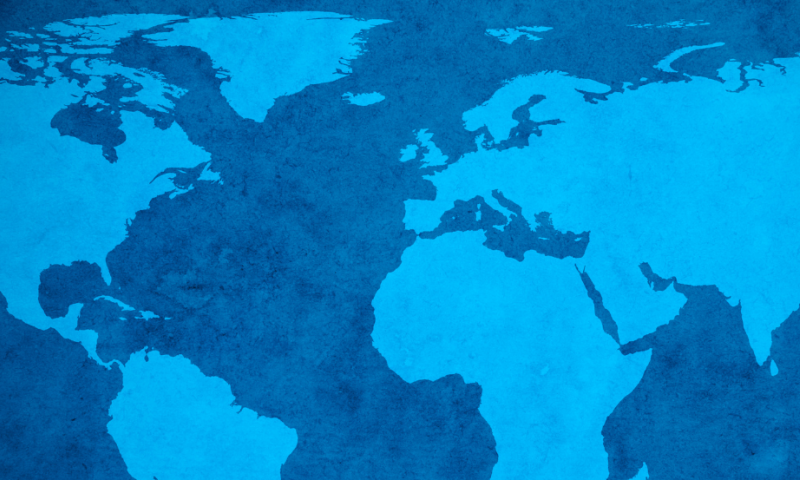Our researchers combine existing and novel digital data, alongside computational models, to produce real-time and fine-grained demographic nowcasting.
This allows us to estimate the current state of population processes, like migration and age-sex composition but also leverage novel types of data in this ever changing new data ecosystem.
The Centre's research is the forefront of digital and computational demography, analyzing novel types of 'big' digital data. Researchers have used Google and Facebook data to track the digital gender gap, or disclosure of sexual identity, leveraged mobile phones to attain sustainable development and used LinkedIn data to analyse the professional gender gaps. We have also produced novels ways of estimating migrant stocks using digital traces and survey data.
Our Nowcasting Populations (NowPop) project drives innovation for near real-time population estimation. The project is using social media activity to monitor population displacement in Ukraine, studying the intentions to leave Russia due to the war, and supporting the United Nations and Humanitarian Country Team’s response to the ongoing conflict in Gaza. A new website and dashboard are being developed to allow humanitarian partners and the public to explore daily population estimates from the NowPop project in Ukraine and beyond.
Recent work

Digital Gender Gaps
Explore gender gap indicators for women’s versus men’s use use of the internet and mobile phones for countries globally using this interactive tool. Based on research published in World Development, these estimates leverage digital trace data from Facebook marketing data in combination with different development indicators from sources such as the World Bank and the United Nations.
Oxford Sparks Big Questions Podcast: How do you use social media to deliver humanitarian aid?
In this podcast, Dr Douglas Leasure explains how the Centre has been using social media data to assess the internal displacement of populations in Ukraine since the Russian invasion in February 2022, in order to help ensure humanitarian aid is delivered as effectively as possible. Read the news article here.




